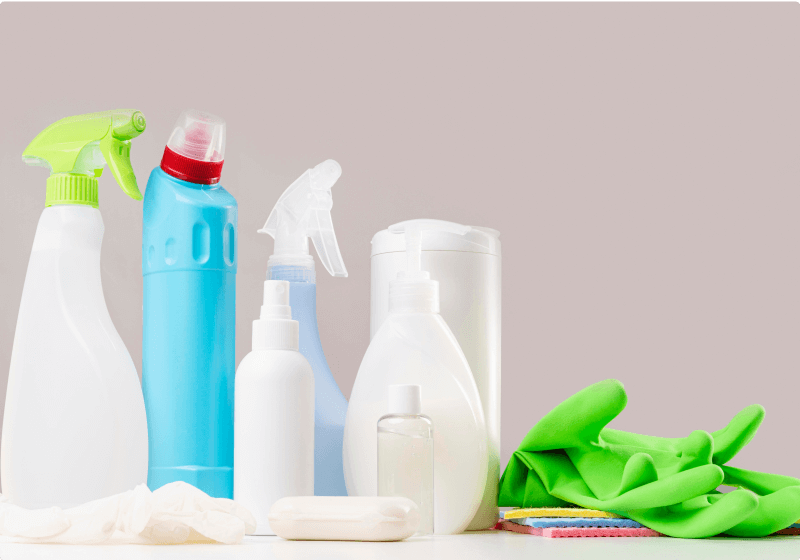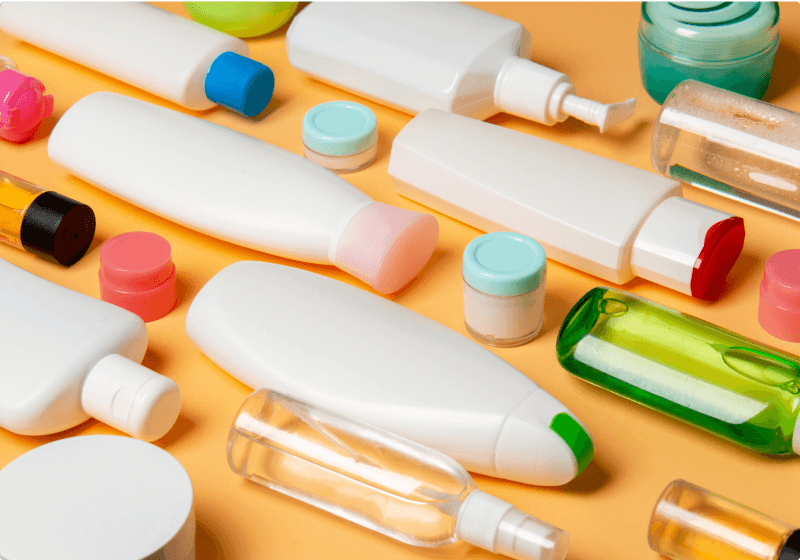Virucidal Towelettes Effectiveness Testing Services
Virucidal towelettes effectiveness testing services
Introduction to Virucidal Towelettes Effectiveness Testing Services
Virucidal towelettes effectiveness testing services are important to assess the efficacy of towelettes that are employed in the process of eliminating or reducing viral contamination on surfaces. These services include various laboratory tests such as suspension tests, carrier tests and other relevant tests.
virucidal towelettes effectiveness testing services typically focus on several key aspects such as the spectrum of viruses the towelette can inactivate, the duration of effectiveness and product safety for human use. The results of such tests are critical because they provide the manufacturer with information necessary to support product claims, meet regulatory requirements and ensure consumer confidence in the product.
Types of virucidal towelettes
Different types of virucidal towelettes are available in the market, each for a particular use and setting. Understanding these types is important in selecting appropriate Virucidal towelette testing methods to assess the efficacy of the towelettes.
- Alcohol-based towelettes
These towelettes generally contain very high concentrations of ethanol or isopropanol and are noted for their rapid virucidal action. Because of their quick-drying properties, disinfecting towelettes are widely used in healthcare to disinfect hands and surfaces quickly and effectively against many viruses.
- Quaternary Ammonium Compound (QAC)-based towelettes
These towelettes utilize QACs as their active ingredient. QAC-based wipes work against enveloped viruses, finding quite a suitable application in the fields of both medical and non-medical areas. They are preferred due to their fairly low alcohol content which makes them less irritating to the skin.
- Bleach-based towelettes
Bleach-based towelettes contain sodium hypochlorite and are extremely effective against a wide range of viruses, including non-enveloped viruses. However, they can be corrosive on some surfaces and do give out strong odors, limiting their applications.
- Hydrogen peroxide-based towelettes
These towelettes are known for their ability to kill viruses without leaving harmful residues. They are often used in areas where the use of stronger chemicals is not advisable, like food preparation areas or sensitive electronics.
- Natural and botanical towelettes
Increasingly popular, these towelettes contain natural ingredients such as essential oils which have virucidal effects. While less potent than chemical-based towelettes, they do appeal to consumers seeking eco-friendly and skin-sensitive options.
Test organisms
Virucidal towelette testing method
Sample preparation
- Two lots of test agents are used for the test (ten replicates for each batch/lot of the test agent). The test agent are prepared and used according to the manufacturer’s directions.
Carrier preparation
- 0.1 ml of the stock virus is evenly spread over the carrier material (pre-sterilized glass Petri dish). The carriers are allowed to dry for 30 to 60 minutes at room temperature.
Test procedure
- The dried carrier is wiped with the test agent for a specified contact time.
Note: In the case of towelettes contained in a canister, the canister must be inverted once before removing the towelettes. If individually wrapped towelettes are being tested, ensure that the towelettes are moist.
Neutralization
- After the specified contact time, the virus-test agent mixture is neutralized with 1 ml of an appropriate neutralizer and is scraped from the carrier material.
Post-exposure processing
- After wiping the 10th carrier, the used towelette is placed in a sterile Petri dish and held for the exposure temperature for the remainder of the exposure time.
- The towelette is squeezed to express any remaining solution.
- If no solution is expressed, the towelette is soaked in cell culture media for 5-10 minutes and squeezed again.
- The expressed liquid is diluted in the cell culture media for further testing.
Infection and infectivity assays
- Selected dilutions of the neutralized inoculum/test agent mixture are added to cultured cell monolayers.
- The cultures are incubated at 37±2°C in 5±1% CO2 for 5-7 days.
- The test suspensions are assayed for the presence of infectious virus using established methods.
Controls: All control tests including neutralizer effectiveness control, cytotoxicity control, and blank towelette virus control must be performed for test agent(s) at the same time as the test, incubated under the same conditions, and assayed in the same manner as the test.
- Cell viability control: To confirm cell viability throughout the assay.
- Virus stock Titre: To determine the infectivity of the virus and the susceptibility of host cells.
- Input Virus Control (IVC): To assess the loss in virus infectivity due to drying and neutralization.
- Neutralizer Effectiveness Control (NEC): To ensure the neutralizer used is effective in neutralizing the test agent.
- Cytotoxicity Control (CT): To determine if the test agent is toxic to the cells.
- Blank towelettes virus control: Control using a sterile gauze pad without active ingredients.
Product evaluation criteria
The test agent is considered effective if it achieves a minimum of 4-log reduction (99.99%) in viral infectivity compared to the input virus control (IVC).
Benefits of virucidal towelettes effectiveness testing services
Consumer confidence
Consumers buying virucidal towelettes expect protection against various viruses. Third-party professional virucidal towelettes effectiveness testing services make sure a product’s effectiveness is tested, which is critical in gaining and building consumer confidence in the product. Products that have been rigorously tested are more likely to be preferred by consumers who prioritize safety.
Regulatory compliance
One of the major benefits associated with professional virucidal towelettes effectiveness testing services is making sure a product complies with all regulatory requirements. Many regions require a virucidal towelette to pass certain tests before being legally sold, such as those outlined by the United States Environmental Protection Agency (EPA) or the European standards (EN) in the EU. Professional testing services can help navigate these complex regulations and provide the needed documentation to support specific product claims.
Product improvement
Virucidal towelettes effectiveness testing services provide a way to continuously improve virucidal towelettes. It allows for the identification of areas of improvement, thus helping the manufacturers in refining the formulation and the processes involved. Regular testing helps manufacturers develop superior-quality products with improved performance in real-time applications.
Market differentiation
In the competitive market, professionally tested virucidal towelettes can serve as a key differentiator. Products bearing this certification or meeting the recognized standards will most likely stand out to consumers and institutional buyers. This can lead to increased market share and customer loyalty.
Preventing associated risks
Professional virucidal towelettes effectiveness testing services prevent risks manufacturers may face due to product failures. By thoroughly testing virucidal towelettes before they reach the market, companies can avoid costly recalls, legal issues, and damage to their brand reputation. Testing will ensure that the product is safe, effective, and reliable, thereby reducing the chances of adverse outcomes for both the manufacturer and consumer.
Elevating the quality of virucidal towelettes with testing services
For manufacturers looking to elevate their product offerings, investing in comprehensive testing services is not just a regulatory requirement—it’s a commitment to excellence and consumer safety. As the market for virucidal products continues to grow, those who prioritize testing and quality assurance will be best positioned to succeed.
At Microbe Investigations Switzerland, we provide specialized testing services to evaluate the effectiveness of virucidal towelettes. Our advanced methodologies ensure your products meet rigorous industry standards for virucidal efficacy, helping you deliver reliable and safe disinfectant solutions.
To learn more about our virucidal towelettes effectiveness testing services or to schedule a consultation, please contact our specialists today.
Other Industries
Frequently Asked Questions
Ready to test your product?







